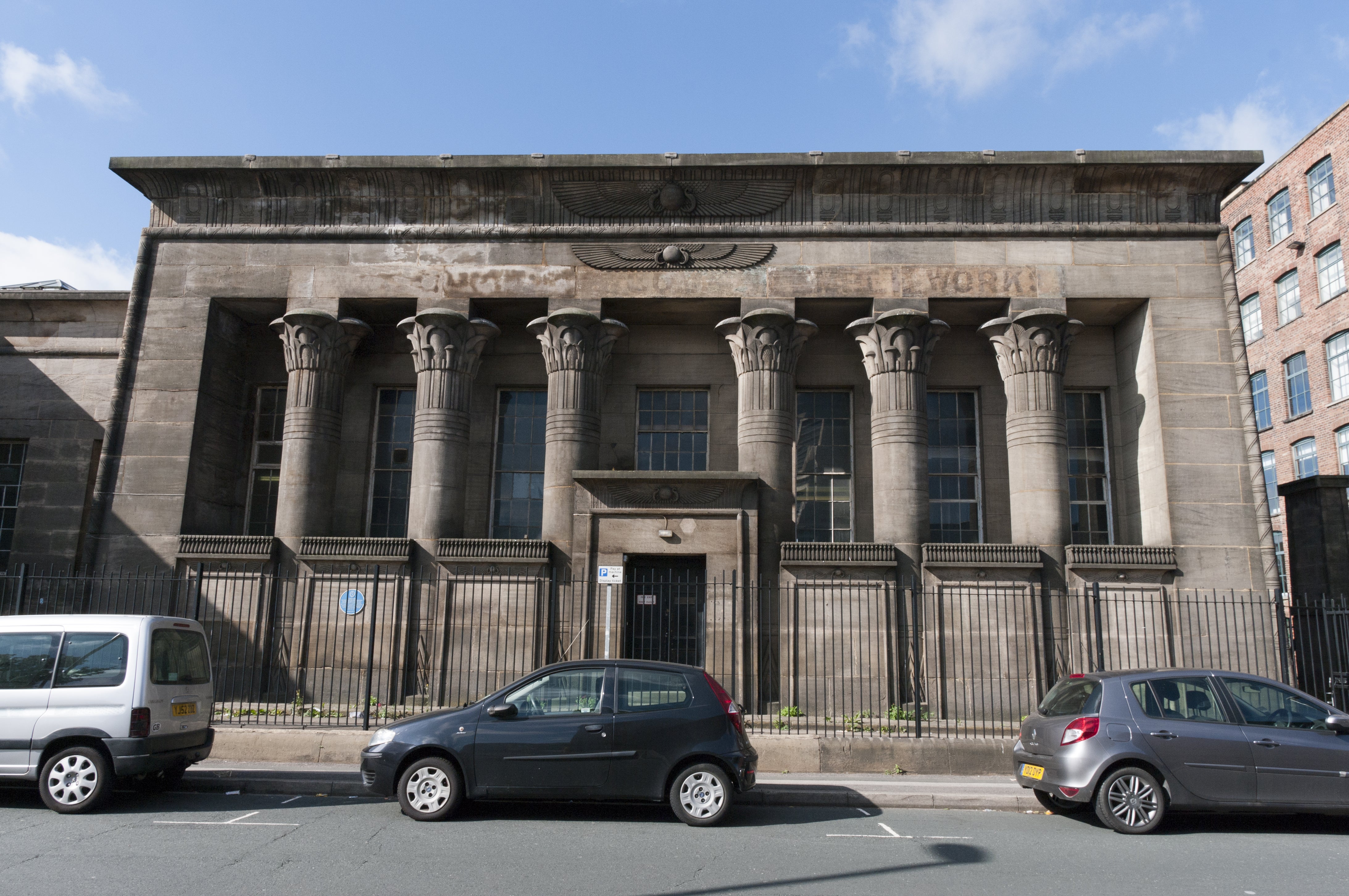Cash boost for historic mill which was once the world’s largest indoor space
More than £1 million has been awarded by Historic England to support urgent repairs at the vast Temple Works in Leeds.

Your support helps us to tell the story
From reproductive rights to climate change to Big Tech, The Independent is on the ground when the story is developing. Whether it's investigating the financials of Elon Musk's pro-Trump PAC or producing our latest documentary, 'The A Word', which shines a light on the American women fighting for reproductive rights, we know how important it is to parse out the facts from the messaging.
At such a critical moment in US history, we need reporters on the ground. Your donation allows us to keep sending journalists to speak to both sides of the story.
The Independent is trusted by Americans across the entire political spectrum. And unlike many other quality news outlets, we choose not to lock Americans out of our reporting and analysis with paywalls. We believe quality journalism should be available to everyone, paid for by those who can afford it.
Your support makes all the difference.The restoration of one of the largest Grade I-listed buildings in the north of England – with a view to making it the new northern home of the British Library – has been given been a major cash boost.
More than £1 million has been awarded by Historic England to support urgent repairs at the vast Temple Works in Leeds – the landmark Victorian building famous for its Egyptian architecture and tales of 19th century sheep grazing on the roof.
The former mill, which opened in the Holbeck area in 1840 and was once claimed to be the largest indoor space in the world, has been the subject of decades of concern for its future and was placed on the Heritage at Risk Register in 2000.
The site has been given a £636,000 grant from the Heritage Stimulus Fund, which is part of the Government’s Culture Recovery Fund, to help with work to prop up the interior of the mill until permanent repairs can be undertaken.
A further £400,000 from Historic England’s Yorkshire region will fund urgent repairs to the Counting House, with its grand Egyptian temple facade, which will then showcase the proposals to turn the site into a new northern base for the British Library.
The Counting House provided office space for the mill and visitors are still greeted by its towering lotus columns and walls decorated with Egyptian motifs and hieroglyphics.
The new funding will support crucial repairs to the roof and walls, making the building watertight before the next phase of refurbishment, Historic England said.
The vast, brick-vaulted, top-lit spinning mill was one of the first large-scale single-storey factories in the world when it was built between 1838 and 1840.
The owners are said the have hoisted sheep on to the roof to graze on grass grown to maintain humidity in the building and stop the flax from breaking, creating an early visitor spectacle.
The site has been vacant for nearly 20 years but is now owned by property company CEG, which has collaborated with the British Library and Leeds City Council to create a proposed new northern home for the library.
The proposal is to make the library’s collections and services more accessible to communities across the region and be an anchor point for CEG’s wider development plans for the site.
The British Library already has a major site at nearby Boston Spa, which is home to more than three-quarters of its collection of 170 million items.
Last year, Leeds City Council approved an initial £5 million of funding, secured through the West Yorkshire devolution deal, to support urgent works to stabilise the building.
Historic England chief executive Duncan Wilson said: “We are thrilled to provide funding from the Culture Recovery Fund and Historic England towards the repair of Temple Works, an instantly recognisable building which was an important part of Leeds’s industrial past and is set to play a key role in its future.
“It’s exciting to see the possibilities for Temple Works taking shape, highlighting the amazing potential of historic mills in Yorkshire to drive economic and social benefits for the region.”
British Library chief executive Roly Keating said: “The British Library has major ambitions to expand and enrich our offering to audiences across the north of England and this funding is not only an important step towards securing the future of Temple Works, but also enables us to further explore the potential for the site as a home for the British Library in Leeds.”